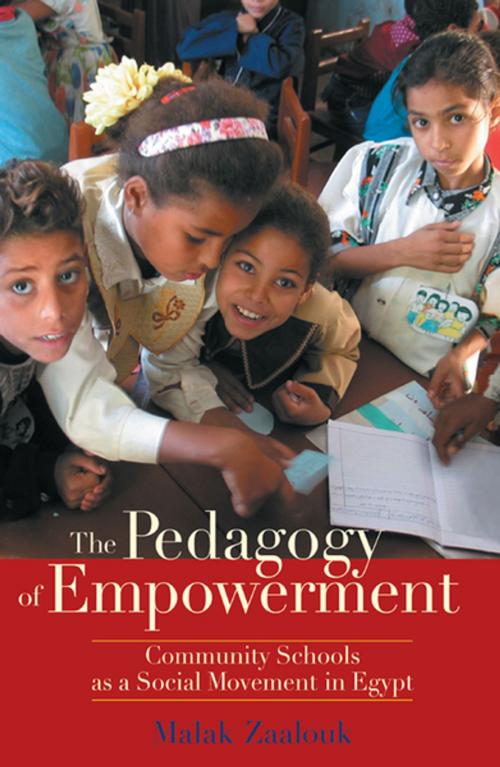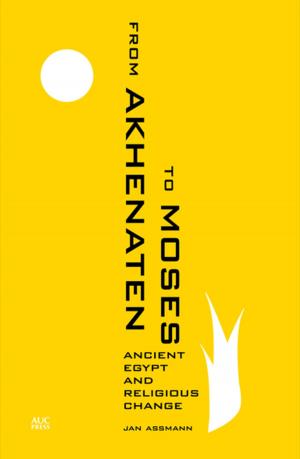Pedagogy of Empowerment
Community Schools as a Social Movement in Egypt
Nonfiction, Social & Cultural Studies, Social Science, Sociology, Rural, Reference & Language, Education & Teaching, Educational Theory, Educational Reform| Author: | Malak Zaalouk | ISBN: | 9781617973918 |
| Publisher: | The American University in Cairo Press | Publication: | August 1, 2006 |
| Imprint: | The American University in Cairo Press | Language: | English |
| Author: | Malak Zaalouk |
| ISBN: | 9781617973918 |
| Publisher: | The American University in Cairo Press |
| Publication: | August 1, 2006 |
| Imprint: | The American University in Cairo Press |
| Language: | English |
This new study weaves anthropological detail with hard facts and analysis as it takes the reader to visit the community schools of Upper Egypt. It offers a historical understanding of the initiative whilst carefully embedding it in the political and economic global context of the late twentieth century. The author first introduces the movement approach to development and carefully develops the notion of learning as a countermovement to the disintegrating world of today. She then moves on to describe how a community schools movement developed in the most deprived areas of rural Egypt and how such a movement is planned, mobilized and sustained and details the strategies and activities of the initiative. In the third part of the work the author describes the impact of the movement on people's lives. The last chapter places the community education movement within the political economy of Egypt's educational reform and attempts to forecast the movement's long-term impact on the educational system. The work will be of interest to anthropologists, educationalists, feminists, practitioners working in the field of development, and policymakers.
This new study weaves anthropological detail with hard facts and analysis as it takes the reader to visit the community schools of Upper Egypt. It offers a historical understanding of the initiative whilst carefully embedding it in the political and economic global context of the late twentieth century. The author first introduces the movement approach to development and carefully develops the notion of learning as a countermovement to the disintegrating world of today. She then moves on to describe how a community schools movement developed in the most deprived areas of rural Egypt and how such a movement is planned, mobilized and sustained and details the strategies and activities of the initiative. In the third part of the work the author describes the impact of the movement on people's lives. The last chapter places the community education movement within the political economy of Egypt's educational reform and attempts to forecast the movement's long-term impact on the educational system. The work will be of interest to anthropologists, educationalists, feminists, practitioners working in the field of development, and policymakers.















